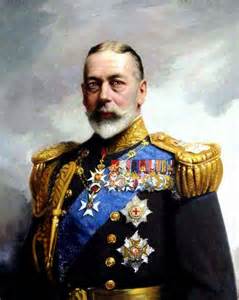The Roots of Christian Zionism
 Thursday, March 5, 2015 at 02:17PM
Thursday, March 5, 2015 at 02:17PM 
In light of Israeli Prime Minister Benjamin Netanyahu's recent speech to the US Congress, I thought it important to consider the history of Christian Zionism, and how this movement influences so much of contemporary eschatological discussion.
In a 2013 series of thoughtful essays on the subject, Gerald McDermott lays out a brief history of Christian Zionism, in which Jonathan Edwards plays an important role.
Here are several highlights from the first essay in the series, Christian Zionism.
According to Arthur Hertzberg, this American linkage of Jewish conversion to the millennium was why "American intellectual anti-Semitism never became as virulent as its counterparts in Europe." Christians in Europe believed the End was in the indefinite future. But in America the End seemed near because of the influence of Puritan theology and its foregrounding of Israel, and according to these Puritans the End would not come without major changes in the fortunes of the Jews. So in the colonies, the Jewish question moved "to center stage."
The June 1967 war was a watershed in Christian attitudes toward Israel. Evangelicals saw this once again as confirmation that Jews and Israel still had a role to play in God's ordering of history. From this point on, Merkley reports, Christian Zionists were generally but not exclusively conservatives theologically, while Christian anti-Zionists were generally but not exclusively theological liberals. World Council of Churches (WCC) documents typically moralized about the human weakness for raising mere geography ("real estate") to a spiritual status, and "invariably" treated the creation of the State of Israel as problematic—never as the solution to a problem. The National Council of Churches (NCC) denounced the 1978 Camp David Accords for allegedly ignoring the national ambitions of the Palestinian Arabs. According to Merkley, the mainline Protestant churches of the West joined the churches of the East in an attitude of resentment "shading over into active hostility."
Although I do not agree with Dr. McDermott's endorsement of Christian Zionism, his first essay is very helpful in understanding the history of the Christian Zionist movement, which explains, in part, some of the political hubbub about Netanyahu's speech, especially between evangelicals and the secular left.
One very clear and solid statement (of a non-Zionist variety) regarding Israel's role in the modern world as a secular nation, is this 2002 statement, "The People of God, the Land of Israel, and the Impartiality of the Gospel." It too is well-worth reading: Click Here.









